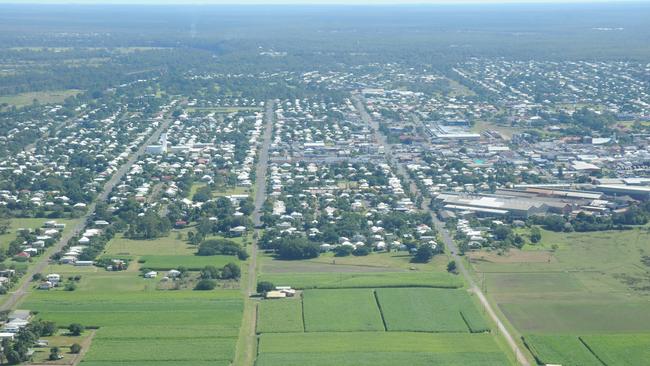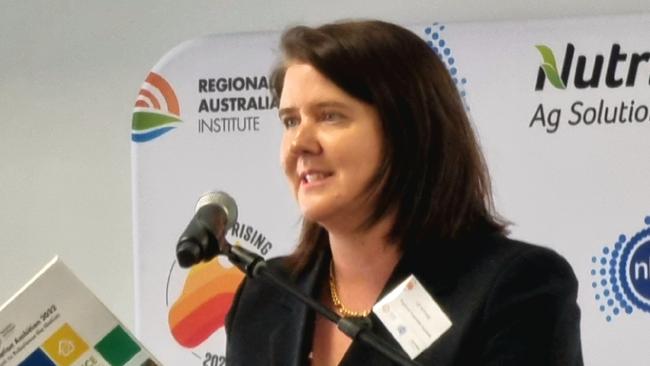Migration policy should push arrivals to the regions
With nearly 100,000 jobs currently unfilled across Australia’s regions, the push is on for regional areas to secure a greater share of the national migration intake

Australia’s migration program should be redesigned to double the number of migrants settling in the regions to help fill significant job shortages, buffer some areas from population decline and build resilience in regional communities.
The Regional Australia Institute’s submission to the federal government’s migration review also proposes new policies to create opportunities for migrants who first settle in the capitals to move into regional areas.
And it calls on the federal government to establish a national population plan that “considers migration as a tool to rebalance the nation” away from its current urban bias.
The submission says migration “significantly affects regional population growth and has been shown to have the potential to revitalise ageing or declining communities, especially in rural and remote Australia”.
RAI chief executive Liz Ritchie said this financial year would see less than 17 per cent of overseas migrants heading to regions, while the government should be setting a target of 40 per cent.
“Regional Australia deserves a far greater share of Australia’s biggest driver of population growth,” Ms Ritchie said.
“At a time when our regional cities and towns are crying out for skills and labour, reaching a record of over 96,000 job vacancies in late 2022, we need to be collectively looking at the systems and processes supporting migrants so we have more calling regional Australia home.

“Migration will be critical to the growth and sustainability of regional Australia over the next decade.”
Australia’s management of migration policy is coming into sharp relief after the federal government announced a review in November. The government has said migration policy will be a key part of its approach to addressing the nation’s ageing population and bridging the present skills shortages.
Business is looking for an increase in the permanent migration intake from the current 195,000 to 220,000 for the next two years, and for ongoing increases tied directly to population growth.
Ms Ritchie said incentives for migrants to relocate to rural and regional communities must be established, including providing clear information about jobs and opportunities.
“Migrants can bring the skills and labour that regional Australia desperately needs, while living the good life in their new country,” she said.
Dubbo chamber of commerce president Errin Williamson says the NSW central west Orana region has been grappling with worker shortages for years.
“It’s basically all the trades, and that includes handy trades – carpenters, electricians, plumbers, they’re all in short supply,” she said. “And definitely also retail and hospitality.”
Ms Williamson, who owns two hospitality businesses and another in construction, said the region has not seen the “boom of migrants” that businesses were used to or needed.
“Something I hear on a daily basis from other business owners, especially through the chamber of commerce, is whether we know if anyone is looking for work,” she said.
“It’s not just one or two businesses, it’s most of them. If we can get back to businesses running at full capacity, with workers – and they (migrants) want to work more than anyone – (that’s ideal) but there’s just not enough people to fill those roles.”



To join the conversation, please log in. Don't have an account? Register
Join the conversation, you are commenting as Logout